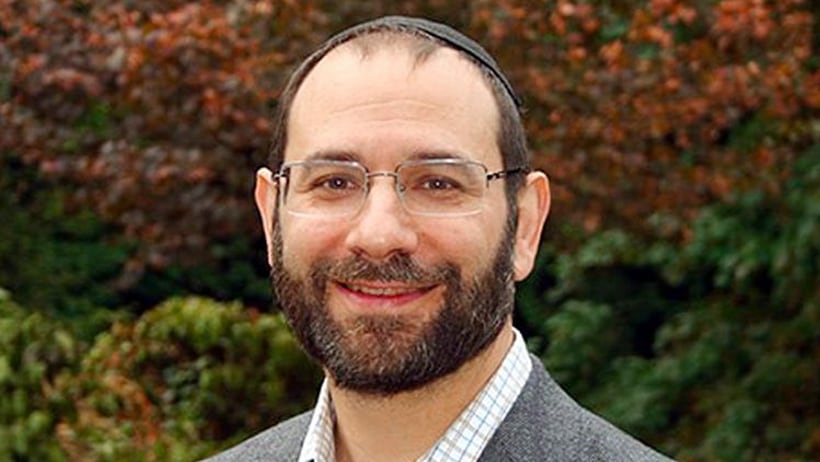Oasis Songs: Musings from Rav D
Friday, July 16, 2021 / 7 Av 5781
Summary: Why do we retell our stories? How do they change? What are the dangers when we repeat these narratives? What might we learn when we do so? Let’s explore these questions in this week’s Oasis Songs.
Reading Time: Three minutes
Most families have at least one great storyteller in their ranks. You know, the person who holds court on the holidays, entertaining and regaling others. That person. For me, it was my Poppa Jake. The twinkle in his eye. The emotion he imparted. The way his voice changed pitch. It didn’t matter if he was spinning out a nonsense tale or describing one of his travels, he held our rapt attention. Perhaps he’s the reason that I have always been fascinated by stories.

Stories are at the heart of human culture. Every nation has its origin stories that shape its self-understanding. Sometimes, as America is currently wrestling with, even those origin stories are up for grabs—and not because the new version is more accurate, but because it better focuses a nation on its current concerns.
A particularly interesting feature of stories is how we go about retelling them. As we begin the final book of the Torah this Shabbat, we enter a book whose primary concern is retelling. Deuteronomy comes from the Greek which means “second telling” or “repetition of the law.” We find this same concept in old rabbinic writings, where Deuteronomy is called “Mishneh Torah”–the repetition of the law!
Why do our stories need retelling? I don’t mean why do we repeat our stories. That’s valuable simply because the people who we want to know our stories may not remember them. Certainly, a new generation has to be taught these tales for the first time.
But retelling is something different. There is a way a story has a life of its own: each time it is given breath, something changes. In Deuteronomy, some of those changes occur because Moses is sharing his personal experience of our national history. At the end of his life, he also wants to ensure that we have learned the lessons he has invested his life imparting to us.
Within that last mission, it is possible to hear some of Moshe’s anxiety, a type of anxiety that leaders often experience. Have the people listened? Will they continue on the path Moses and God have set out for us? Is the cultural and personal transformation at the heart of Judaism sufficiently embedded in each Jewish soul? Moshe’s anxiety bubbles up in different ways. Sometimes he encourages the nation; at other moments he chastises the people. He will employ whatever tools he can to ensure that his life’s work and God’s will be continued.
Carl Jung, the great psychiatrist, recognized this impulse when he famously stated that “the greatest burden a child must bear is the unlived life of its parents.” When parents haven’t come to terms with our own unfulfilled desires, we risk projecting our failures onto our kids in the expectation that they can complete what we were unable to achieve. That’s the shadow side of retelling our stories in which we can see Moshe’s insistence as a heavy-handed attempt to force us to fulfill a task he was unable to complete.
Here’s another way of looking at it; it’s an idea I learned a couple of years ago that has been useful for me. Any endeavor for which it is worth dedicating one’s life can’t be achieved in a single lifetime. Environmentalism. Eradicating poverty. Eliminating cancer. Each of these is worthy of us investing our life’s energies, even though none of these can be solved in one, two, or even three generations. To make progress in these areas requires that we retell the story of what we have already accomplished, where we went astray, and what we learned along the way.
It is stated that the Holy One created humans because God loves stories. As our tradition makes clear, a good story is eternal, precisely because as we retell it, we learn new things about who we are and what it means to be human.
What stories would you like your life to tell?
May this be a Shabbat of storytelling for you and yours,
Rav D
Shabbat Table Talk
- Who was the main storyteller in your family growing up? Who is that now?
- Which of your stories has changed as you retold it over the years? How has it changed?
- Do you have stories that no longer serve you and that you can relinquish entirely? How might you do so?
If you’d like to continue this discussion, follow this link to CNS’s Facebook page to share your own perspectives on the topics raised in this week’s Oasis Songs. Comments will be moderated as necessary.



